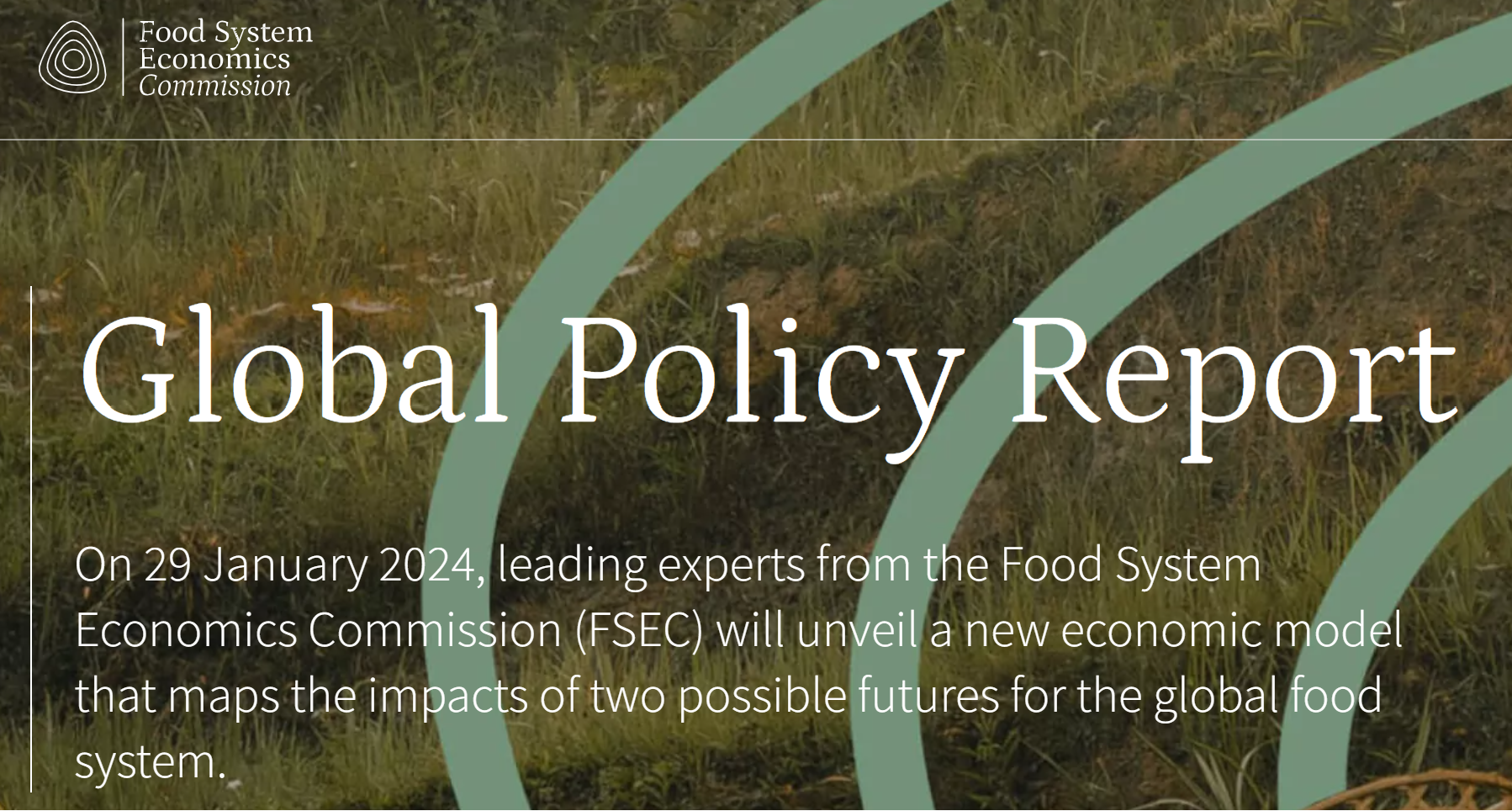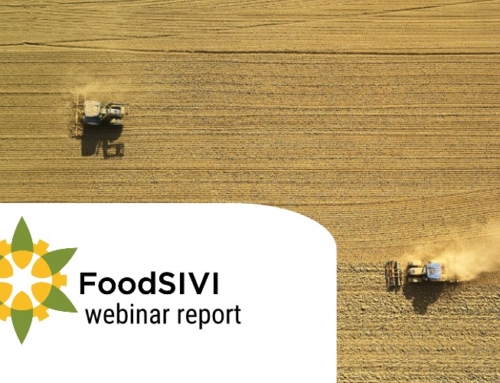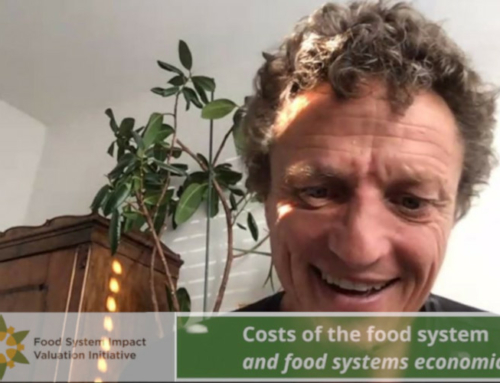The FAO State of Food and Agriculture SOFA 2023 put the unaccounted liabilities of agrifood systems at >10 trillion 2020 PPP per year. But SOFA does not tell us how much we could reduce this liability by transforming the food system. On 29th January the Food System Economic Commission (FSEC) global report will launch and it has a comparison of the avoided liability in a transformed food system compared to the current trend. Over 2020-2050 the future liability can be reduced by about a third globally, averaging ~3% of global GDP per year in purchasing power parity terms, through productivity gains from a transition to a planetary health diet by 2050, mitigation of methane emissions, nitrogen run-off, ammonia emissions, deforestation, and new benefits from carbon sequestration and returning ecosystem services on land spared or abandoned from agricultural use.
Taking into account annuitization amd the uncertainty in the estimates, the annual reduction of future liabilities would make food system transformation comparable to the 5-th largest economy on the planet.

Over half of the total savings come from productivity gains from healthy diets (blue bar in figures), across income groups from lower-middle income countries (LMIC) to high income countries (HIC).

High value of labour productivity in high income countries does not imply priority for change. LMIC and UMIC, as well as HIC, have an economic opportunity in better diets and lower obesity. Low income countries can avoid widespread adoption of unhealthy diets and have hidden environmental gains (green bar in figures) and agricultural value-add available from improved agricultural productivity. In terms of opportunity for growth and development, avoiding damage to future economies compares to the economy being 12% larger on average for 30 years across lower income countries (LIC), 3.4% across middle income countries, and 1.7% across high income countries. For perspective, for high-income countries, the total damages avoided through food system transformation would exceed their cumulative losses from the 2007-2008 financial crisis.






